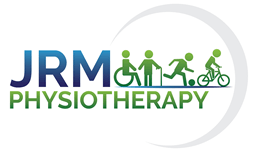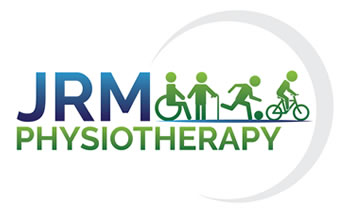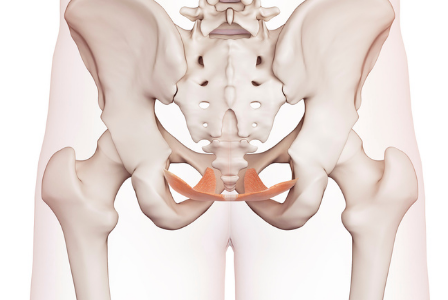World continence week 17th- 23rd June 2024
Incontinence can refer to both the bladder and the bowel, and both men and women, but in this blog I’m going to focus on urinary incontinence in women.
Affecting almost 50% of women at some point in their life, urinary incontinence is described as poor control of the bladder causing involuntary leakage of urine. This can vary in severity. Unfortunately, when discussing the condition, a lot of women are met with excuses such as “well that’s what happens after a baby” or “that’s what happens as you get older” which is why only 1 in 5 women seek clinical help.
There are various types of urinary incontinence:
• Stress
• Urge
• Overflow
• Functional
All of which can have a negative impact on your quality of life, often affecting both your physical and mental health. Often women lose their confidence to take part in sport / activities. Some women feel that there are missing out on quality time with their families because they can’t run around with their children or jump on a trampoline with them. Incontinence can affect women of all ages, from pre-teen to menopause and beyond. As a trampoline coach I have worked with kids who struggle with stress incontinence, resulting in them choosing to leave the sport. As a Mummy MOT Practitioner I find that it’s a main concern of nearly all my patients as they are already suffering with incontinence, or they are worried about it occurring when they return to sport or get older.
Many factors can increase the risk of suffering from urinary incontinence such as
• Having weakened bladder muscles as a result of ageing.
• Having physical damage to your pelvic floor muscles, such as from childbirth.
• Having an infection, such as urinary tract infection, bladder infection, kidney infection or kidney stone.
• Being pregnant.
• Being overweight.
• Diabetes
• Menopause (change in hormones)
Sadly 25-50% of women who do perform pelvic floor exercises do not perform them correctly, but with the support of a specially trained women’s health physiotherapist, this simple exercise can help treat this condition and return function to normal or nearly normal.
At JRM Physiotherapy I offer specialist women’s health services for incontinence. You can find out more on the women’s health webpage.
In the video below I describe some simple exercises to improve your pelvic floor and reduce incontinence.
If any of the above sounds familiar and you are wanting to make a change- because its not to late to make improvements- think of how just 75% improvement could make to you day to day, please don’t hesitate to book an appointment with me (Esther), get in touch by emailing me esther@jrmphysio.com or calling 01484 968017



